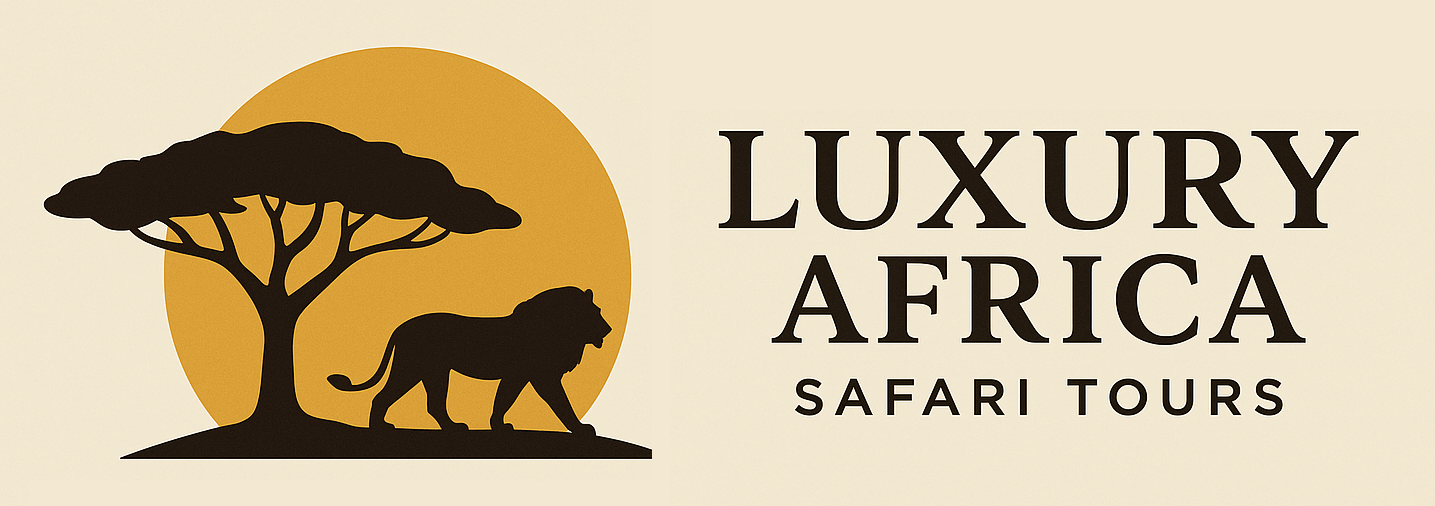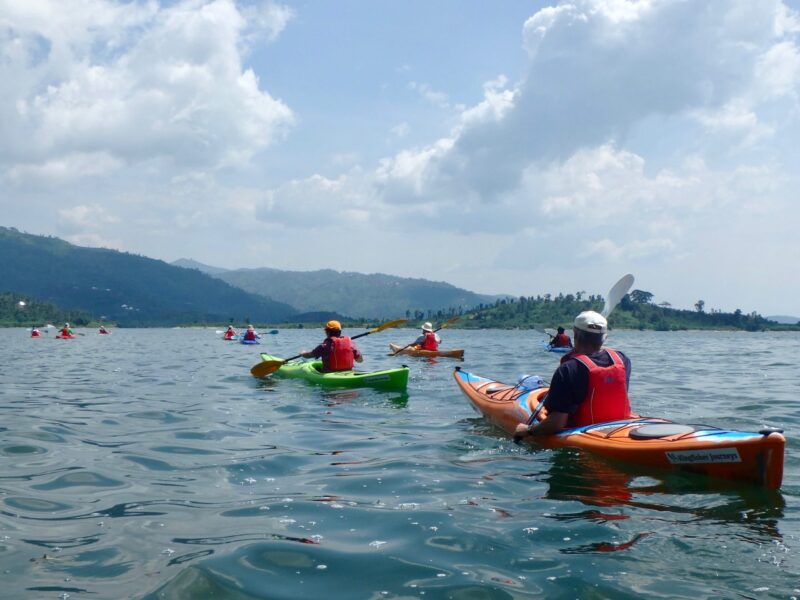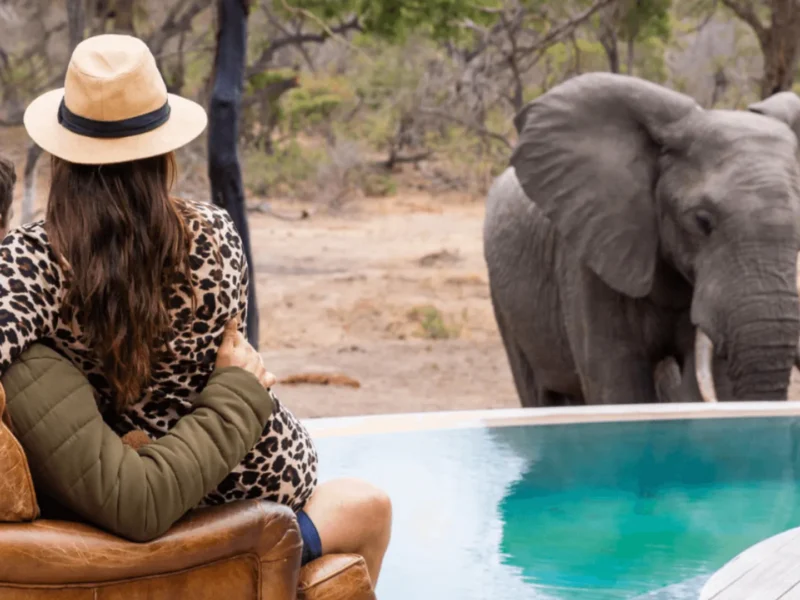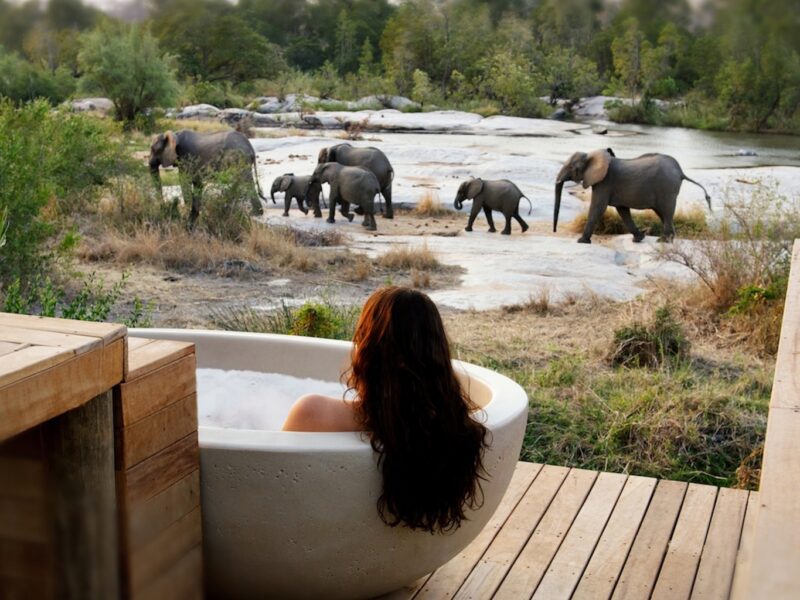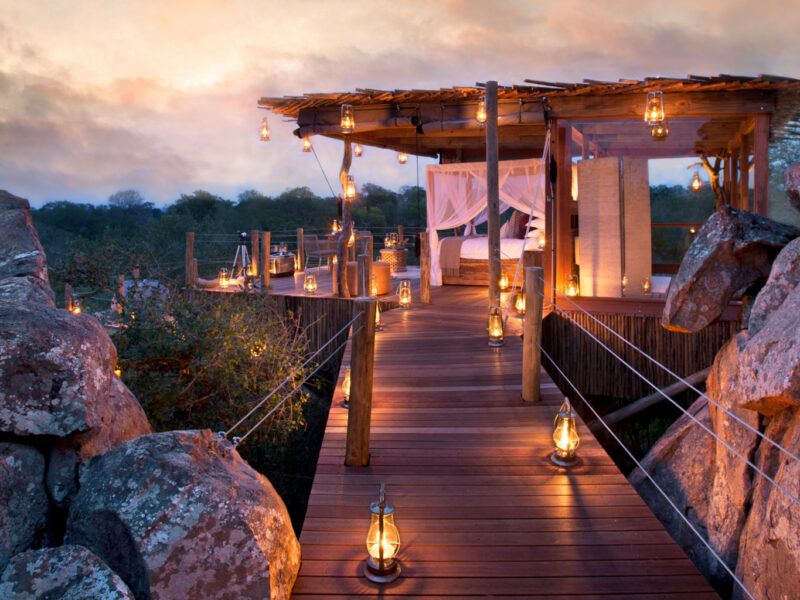Questions to ask before you go on a safari
You’ve scheduled your safari, you’re rather thrilled, and you can’t wait for the adventure of a lifetime… But you have inquiries! We’ve put together a collection of our most often asked questions and responses!
Questions to ask before your pre-safari trip
Which immunizations required?
Before you leave on your journey, make sure you have the correct immunizations for travel to Africa. You should discuss the most current immunization recommendations with your doctor. Usually advised for every nation, the immunizations are: hepatitis A + B, typhoid and diphtheria.
Whether your entire vacation or just one night, if you are in Kenya it is extremely crucial that you be additionally vaccinated against Yellow Fever since this will be necessary for visiting any other African nations.
Furthermore, malaria is widespread in every region we run safas, hence we highly recommend you to use malaria prophylactics. The lone exception to this policy is areas of South Africa. These consist of Madikwe and the wildlife lodges surrounding Port Elizabeth. Travel clinics can occasionally have lengthy waiting lists, so be sure to schedule your immunizations well in advance!
How much luggage may I bring?
Although the luggage policies appear modest, remember that the lodges provide laundry service, allowing you to pack less and have your laundry completed as required. Like any hotel, you need less than you believe; basic toiletries and bug spray are supplied. To get a list of luggage limits depending on location, see this thorough blog.
Including hand luggage, internal scheduled and charter aircraft flights for Tanzania, Kenya, and Mozambique have a baggage limit of 15kg per passenger. Instead of hard suitcases, please carry your belongings in soft bags. Soft bags’ maximum size must be 36cm (14.5 inches) x 68cm (27 inches).
Internal scheduled and charter aircraft flights have a baggage limit of 20kg per person, including hand luggage, for Botswana, Namibia, Rwanda, South Africa, Uganda, Zambia and Zimbabwe; the exception to this is South Africa, which is 20kg pp + 5kg pp hand luggage. Instead of hard suitcases, please carry your luggage in soft bags. Soft bags’ maximum size shall be 25cm (10 inches) broad by 30cm (12 inches) high and 62cm (24 inches) long.
May I receive my visa upon arrival?
A variety of elements, including your origin and your trip destination, will determine where and when you obtain your visa. For a more thorough explanation of the visa and admission criteria, see this blog; please be aware that this is only for US and UK nationals. We cannot be held accountable for the visa requirements of any locations; thus, please contact the appropriate authorities to obtain the most current visa information.
Where can I obtain the money?
Unless you are going to South Africa, where the currency is the South African Rand, we recommend you to bring all your money in US dollars. Before you travel, you can get your money converted for both of these currencies. US dollar notes dated before 2006 are not often accepted due to the danger of counterfeiting. Though there is usually a significant fee on card transactions, many places accept credit cards. Except for South Africa, you need not convert your money into local currency.
Queries on what to bring on safari
What clothing should I wear on safari?
Most lodges call for informal, casual attire. Eves at Africa’s top lodges call for elegant casual attire, though. Neutral hues are perfect on safari. The early morning and evening, when there may be considerable coolness in the open cars, are times when a fleece is beneficial. You may visit this blog for further information; we recommend packing necessities there.
What should my gratuity be?
To your particular guide, we advise a gratuity of US$15 per person per day. For the communal tip box, we also advise a daily total tip of $15; this includes everyone working behind the scenes. Tipping is always done at the end of a stay, not throughout one. To learn more, we have put together a safari tipping breakdown here.
Am I allowed to charge electronic devices?
Virtually all lodges have 240 volts, 50 cycles mains electricity supply with UK-style plugs; South Africa is an exception as sockets are 2-prong or 3-prong with spherical pins. Every camp will let you recharge the batteries of your camera.
Inquiries regarding your daily safari
Between the morning and evening game drives, what should I do?
Rest and recuperate! Early mornings, afternoon trips, and lots of food in between can be exhausting; so, the time between drives is ideal for a siesta, poolside relaxation, book reading, or photo browsing. Time between game drives vanishes quite fast!
How does one day on safari look?
A typical day on safari starts with a morning wake-up call followed by a morning activity. Lodge and camp timetables differ depending on the season and the region in which they are situated. Depending on how long you have been out in the wilderness, you will return to your lodge/camp for either breakfast or lunch following the morning activity. Then you will have the warmest part of the day to unwind and rest—you may have lunch and a nap, for instance. Just before you depart on your next safari adventure, high tea comes next. At last, you’ll go back to your lodge/camp in time for drinks and dinner by the fire.
Will my vacation plans be handled from beginning to end?
Of course! Most of the airports spread across the locations we run have airside meet-and-greets set up for clients. Most of the time, your driver or guide will also meet you as you move from one lodge or camp to the next, as well as from your lodge/camp to an airfield or the other way around. Should you want to rent a car to self-drive any portion of your journey, the exception is
Will I have a personal car or shared game rides with others?
We deal with camps and lodges that usually have a maximum person per car limit of six. Though you’ll be sharing with other visitors, everyone will get a side-view seat with clear views. Though the use of a private car during your safari incurs extra expense (and depends on your lodge/camp having enough cars), some itineraries are set up such that a private vehicle and guide are included for part of the journey.
Is all my food and drink included?
Most safari resorts are all inclusive. Some, though, run on a full board basis, meaning all meals are provided but visitors must buy beverages. Though, before you leave, talk to your safari expert to learn more as city and beach lodges usually run on a half board or bed and breakfast basis.
Is the local water drinkable?
Although in certain places folks consume the local water, we would always recommend our visitors to drink bottled water for the duration of their stay in Africa. Should you have any questions regarding this throughout your travel, simply ask your camp/lodge managers.
Safety in Africa raises questions
Should I be worried about any dangers to my safety?
Not at all. We would not recommend vacations to any country where we operate should any problems exist there. Moreover, the Foreign Office keeps us updated often on nations where we do operations; hence, should any problems come up, we would inform you about them before to your travel date.
Should I call the 24-hour emergency line?
Some of our most seasoned safari experts staff our 24 hour emergency line. Should something be wrong, they are there to help you no matter the hour or date.
Should you have a query regarding your safari to Africa that we have not addressed above, please feel free to reach out to our team of specialists here. They will be more than glad to respond to any of your questions. On the other hand, consider some of our advice and recommendations for your trip on our travel blog.
